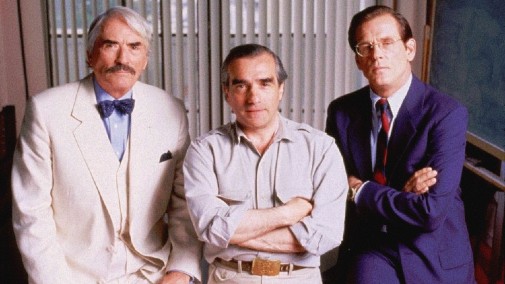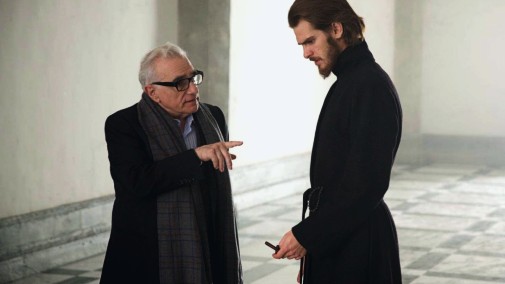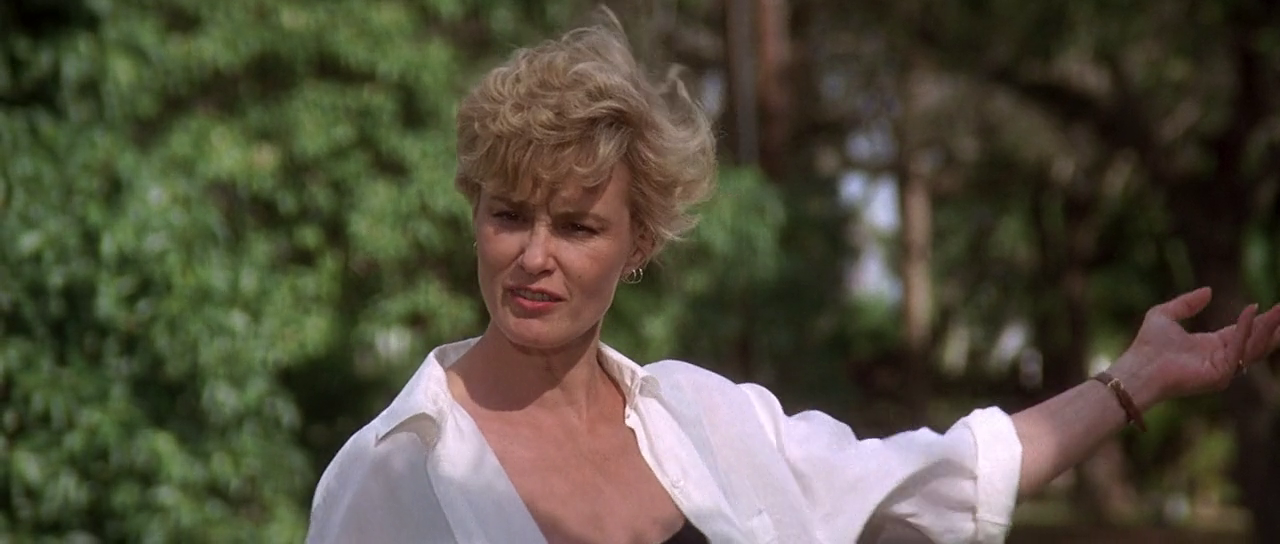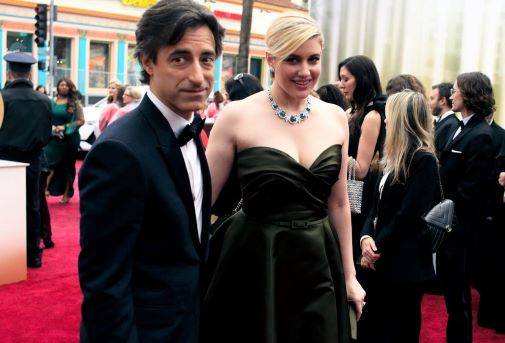Martin Scorsese: Master of the Remake
 Saturday, July 25, 2020 at 8:29PM
Saturday, July 25, 2020 at 8:29PM 
As a general rule, remakes don't represent a particularly respected type of film among cinephiles. Concerns about lack of originality abound, as do questions of necessity and the way remakes can lead to the obscuration of older movies. That being said, to characterize every remake as a mercenary minded waste of time isn't fair to the filmmakers involved. Moreover, it can result in the unfair dismissal of interesting cinematic propositions. Remakes can recontextualize past narratives, respond to aesthetics of yore and comment upon them, reinterpret texts and revitalize forgotten styles, deepen pre-established themes or even make us look at a classic through new eyes. They can also highlight the specificities of different artists' visions, exposing how their particularities shape the same raw material. Not all remakes are good, but we can say that about every kind of film project.
Some directors have shown a particular aptitude for this type of project, like Luca Guadagnino with A Bigger Splash and Suspiria. Still, we're not here to talk about that epicurean delight or the transfiguration of Dario Argento's post-Giallo masterpiece. Our subject, today, shall be Martin Scorsese and his mastery of the remake…






